In the realm of technology and artificial intelligence, the notion of machines replacing human labor is not new. However, the emergence of Devin, touted as the first AI software engineer, has sparked discussions and debates regarding the potential of AI to supplant human developers in the software engineering landscape. Devin represents a significant leap forward in AI capabilities, but does its advent signal the end of human involvement in software development? To explore this question thoroughly, we must delve into the capabilities of AI, the role of human developers, and the potential impact of Devin on the software engineering industry.
Understanding Devin: The First AI Software Engineer
Devin is an advanced artificial intelligence system designed to autonomously develop, design, and optimize software applications. Leveraging cutting-edge machine learning algorithms, natural language processing, and vast repositories of programming knowledge, Devin possesses the ability to comprehend complex software requirements, generate code, and refine its solutions iteratively.
Unlike traditional software development tools and frameworks that require explicit instructions from human developers, Devin operates autonomously, continuously learning and evolving its programming prowess. Its creators envision Devin as a transformative force in the software engineering landscape, capable of accelerating development timelines, reducing costs, and streamlining the entire software development lifecycle.
The Capabilities of AI in Software Engineering
The capabilities of AI in software engineering have evolved rapidly in recent years, encompassing various tasks traditionally performed by human developers. Machine learning algorithms can analyze vast datasets to identify patterns, predict software defects, and optimize code performance. Natural language processing enables AI systems to interpret user requirements and generate code snippets based on context and intent.
Furthermore, AI-driven tools such as automated testing frameworks, code refactoring utilities, and intelligent IDEs (Integrated Development Environments) enhance developer productivity and software quality. These advancements highlight the transformative potential of AI in streamlining repetitive tasks, augmenting developer creativity, and fostering innovation in software engineering practices.
The Role of Human Developers
Despite the advancements in AI technology, human developers continue to play a pivotal role in software development. Beyond writing code, developers bring creativity, critical thinking, and domain expertise to the table. They possess a deep understanding of user needs, business requirements, and the intricacies of software architecture.
Moreover, human developers excel in problem-solving, adaptability, and collaboration—qualities that are challenging to replicate in AI systems. The human element in software development fosters innovation, empathy, and a holistic approach to building software solutions tailored to diverse contexts and user experiences.
The Potential Impact of Devin on the Software Engineering Industry
The emergence of Devin raises questions about the future dynamics of the software engineering industry. While AI-driven tools and automation can streamline certain aspects of software development, the notion of AI replacing human developers entirely remains contentious. Devin’s capabilities may augment and complement the work of human developers rather than entirely supplanting them.
In scenarios where repetitive tasks and routine coding activities dominate, AI systems like Devin can significantly improve efficiency and reduce time-to-market. However, complex software projects requiring creativity, problem-solving, and nuanced decision-making are likely to remain within the purview of human developers.
Furthermore, the integration of AI in software engineering processes necessitates ethical considerations, transparency, and accountability. Developers must ensure that AI systems like Devin adhere to ethical guidelines, mitigate biases, and prioritize the interests of users and stakeholders.
Conclusion: Collaborative Future of AI and Human Developers
In conclusion, while the advent of Devin, the first AI software engineer, signifies a remarkable advancement in AI technology, it does not herald the obsolescence of human developers. Instead, it underscores the potential for collaboration between AI and human developers in shaping the future of software engineering.
AI-driven tools and systems like Devin can enhance developer productivity, automate routine tasks, and facilitate rapid prototyping. However, the unique capabilities of human developers, including creativity, empathy, and critical thinking, remain indispensable in solving complex problems and driving innovation in software development.
As the software engineering landscape evolves, embracing the symbiotic relationship between AI and human developers is crucial for leveraging the full potential of technology while upholding ethical standards and preserving human ingenuity in the pursuit of building software solutions that enrich lives and empower businesses.

